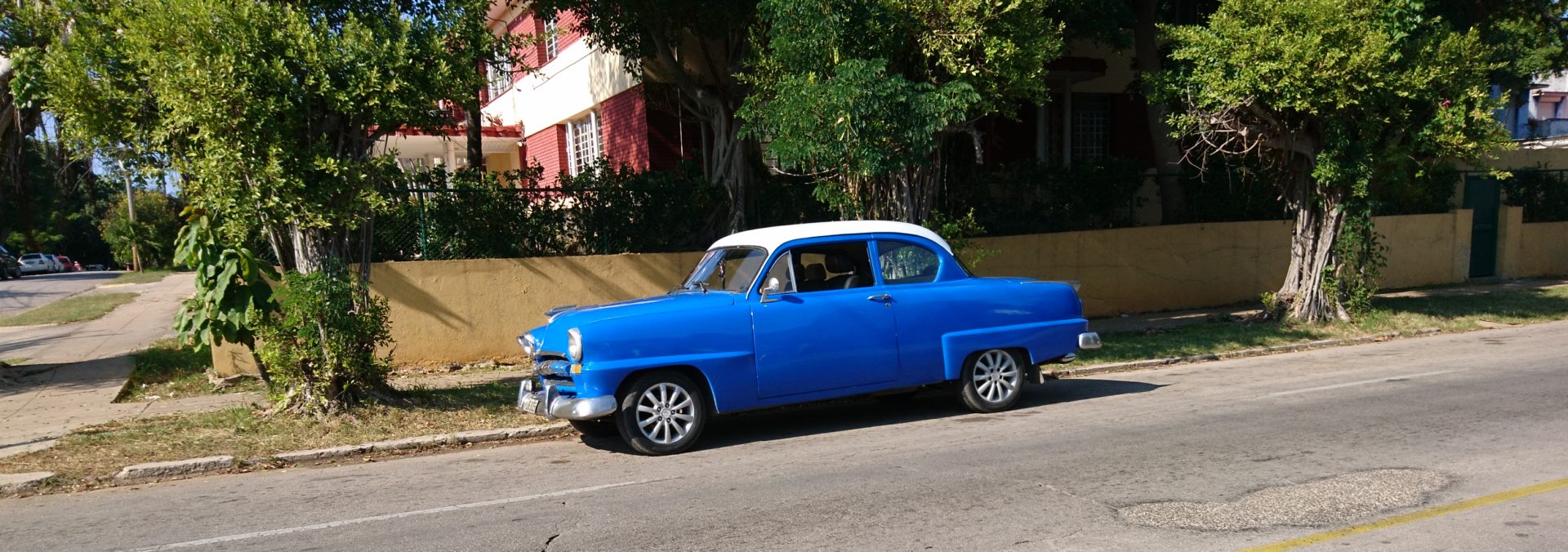
Low Emission Public Transport in Havana
Case Study
The Challenge
Havana has an ageing public transport fleet dominated by older, less fuel-efficient Euro I engine technologies which have negative impacts on the local and national environment.
Cenex were commissioned by the British Embassy in Havana to undertake a technology foresighting study to identify relevant ultra-low emission technologies suitable for deployment within the public transport fleet in the city of Havana.
The Development
The technology foresighting study aimed to identify, and provide information on, relevant low emission vehicle technologies that could be deployed by Havana’s transport authority as it seeks to improve public transport while mitigating climate change. Through a range of research and analysis activities, a number of alternative drivetrain technologies and fuels were identified that offered the potential to reduce emissions from city buses.
The Results
The research undertaken identified that it was not possible for Cuba to achieve EU3, 4 or 5 emission standards, as it lacked the refinery capacity to produce appropriate low sulphur fuels. Therefore, diesel buses could only meet EU2 standards at best– unless they reduced emissions by moving from conventional diesel to hybrid or electric power. The results of the analysis undertaken by Cenex has provided the Havana transport authority with essential information to guide the development of their forthcoming Sustainable Urban Mobility Plan.